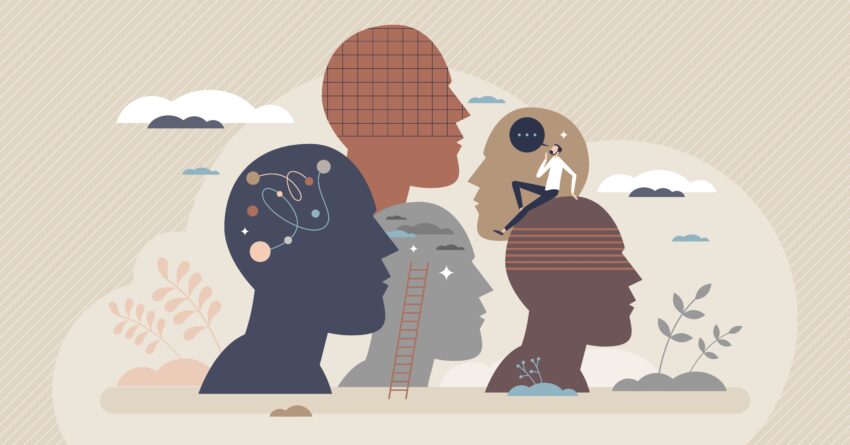Why It Is Important to RELAX!
August 21, 2020

The Pride in Not taking a break
It is common to hear people lamenting their long work hours with some underlying pride. Although a strong work ethic is definitely admirable and people deserve to celebrate their accomplishments, our society seems to have identified chronic stress and non relaxation as a desirable character trait. Conversely, in both personal and professional settings, it can be thought of as either weak or selfish to take time to rest. The outcome is that many of us attempt to be productive until we reach a point of exhaustion, then we “numb out” until we are able to produce again.
It’s important to relax
Our bodies are designed to alternate between sympathetic nervous system activation (fight, flight, freeze) and parasympathetic nervous system activation (rest and digest). When this system was developed, our threats were both tangible and short-lived, so we would only have short spurts of stress responses before our minds and bodies were able to recover and rest. Now, our stressors are abstract concepts like finances, interpersonal conflict, and comparing ourselves to that one colleague or distant cousin that seems to have it all figured out. Our body’s response to stress is not designed to handle abstract concepts. If we want relief, relaxation, and true rest, we have to take time to nurture it and seek out scenarios where relaxation can be accessed.
Numbing vs Relaxing
Many folks often numb themselves instead of relaxing in a rejuvenating manor. One reason is that we feel guilty. When we take time to relax, it means we are prioritizing relaxation over the stressors and responsibilities that we carry around every day. Our self talk can make us feel selfish or lesser than all of the other people around us who are not taking time to relax. Another reason is that we have already worked ourselves to the point of exhaustion, so the concept of anything other than numbing and shutting down is unattainable. As a result, we find ourselves in a cycle of productivity, exhaustion, and numbing before starting the cycle over at productivity.
Relaxing is a skill that needs to be practiced
When we feel the negative physical and emotional impact of this cycle, we often blame ourselves and experience shame. Let me be perfectly clear; it is not your fault that you are struggling with relaxation. Our stress response system was not designed for modern life. We also live in a capitalist society that values and rewards chronic stress (I cringe internally every time I hear the phrase “The city that never sleeps”). You are finding it difficult to relax because it really is difficult. Self-criticism is not necessary or helpful in this scenario. Remember, relaxation techniques are skills. Like any other skill, your ability to relax improves with practice. Try to offer yourself some patience, grace and compassion.
We can sometimes feel stuck, as though relaxation is an unattainable or even mythical entity that can only be accessed by childless, wealthy social media influencers. It is important to debunk this falsehood. Relaxation does not have to take the form of fancy spa services or meditation retreats. It could be as simple as completing a puzzle while listening to an audiobook, spending time in a green space in the middle of the city, or watching YouTube beauty tutorials and creating the makeup looks. Relaxation changes from person to person, so it can be helpful to spend some time thinking about what truly nourishes your soul.
There will always be work to do, personally, professionally, and culturally. It is easy to convince ourselves that we haven’t “earned” a break or we simply cannot afford to relax. It is important to question this instinct. Ironically, we are better able to accomplish goals when we honor our bodies’ needs and make space for rest. More importantly, you are absolutely worthy of relaxation, even if you haven’t yet accomplished all of your goals. If you take time to relax, you will actually be empowering yourself to reach them.
If you would like support to give yourself permission to take a break, we welcome you to contact us at Steady NYC.



